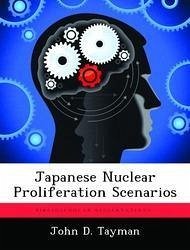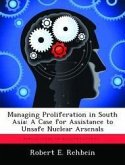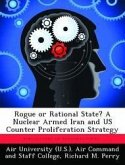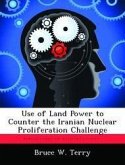The acquisition of nuclear weapons has developed in international relations to be the hallmark of a mature military society. Japan is distinctive in world affairs simply because they have never aspired to be a military nuclear power, despite a vast technical and physical capability to build a credible deterrent. This paper outlines what imperatives would need to be fulfilled and what political and public mandates would be necessary for Japan to take the final step in acquiring nuclear capability if they were willing to do so. The methodology of this research utilized the scenario planning method in the pursuit of viable scenarios that might arise to bring Japan to the conclusion that their nation's security mandated the construction of a nuclear deterrent force. The conclusions outlined in the construction of the basis for the scenarios prove that Japan has a legitimate technical basis from which they could build a robust nuclear deterrent. The main relationship that is limiting this ultimate development is the current disparity between the public's mandate to retain Japan's official pacifism and rejection of anything relating to nuclear weapons, and their political leadership's growing awareness that ensuring Japan's security might rely on previously unthinkable means.








